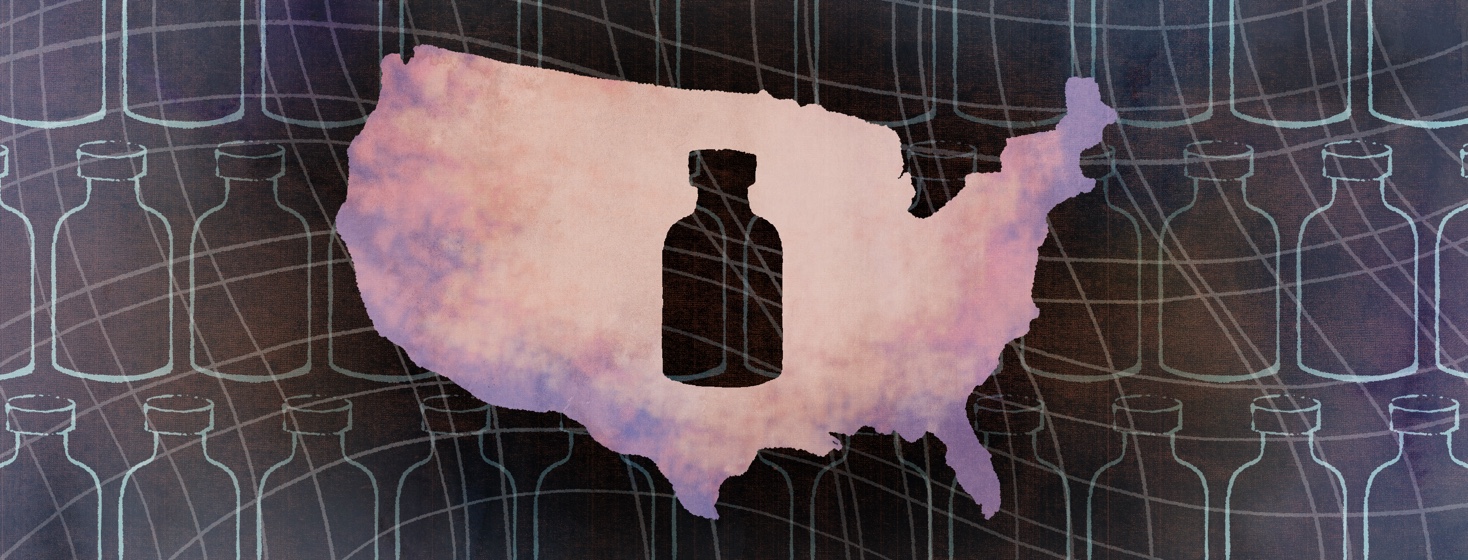The BCG Shortage In America
In early 2019, news of a shortage of a bladder cancer treatment called BCG started circulating. In this year’s Bladder Cancer In America survey, we asked 589 people with bladder cancer how the BCG shortage impacted their cancer journey and treatment.
What is BCG?
BCG stands for Bacillus Calmette-Guerin. It is made from a non-harmful type of bacteria and is used to treat early-stage bladder cancer. In some cases, it can also be used after TURBT surgery (transurethral resection of bladder tumor). BCG treatment is considered intravesical. This means it is delivered directly into the bladder.
BCG is a type of immunotherapy. Once it is delivered to the bladder, it helps turn on the body’s natural immune response. Activating or enhancing this response can help a person’s body fight early-stage bladder cancer that has not yet spread.1
The BCG shortage
In early 2019, the main manufacturer of BCG in the United States announced that they were experiencing a shortage in their supply. This shortage was set to impact many individuals with bladder cancer looking to use BCG as a treatment option.
In order to maintain the supply as much as possible, many different suggestions were put in place by organizations like the American Urological Association. These included making sure only those who might significantly benefit from BCG got the treatment, reducing waste of the treatment, suggestion of other treatment options, and more. The main supplier of BCG also announced that they would increase production of the treatment as much as possible to help with demand.2
Finding out about the BCG shortage
In our Bladder Cancer In America survey, we asked about the BCG shortage, and how people with bladder cancer found out about it. Almost half of all participants found out about the shortage from their doctor or a nurse. Another 11 percent found out on their own via the internet. Less than 5 percent found out when trying to schedule or attend an appointment for BCG treatment. Even though many were aware or directly impacted by the shortage, over 10 percent still did not know about the shortage at the time of the survey.
Effects of the BCG shortage on people with bladder cancer
Almost half of all survey participants said they were impacted by the BCG shortage in some way. The most common experience related to the shortage was a feeling of anxiety about treatment. Anxiety directly related to the shortage was felt by almost 15 percent of all participants.
Changing treatment plans
Other common experiences were having treatment dosing schedules changed or pursuing a different treatment plan entirely. About 12 percent had a change in their BCG dosing schedule as a result of the shortage, while almost 10 percent underwent surgery instead of BCG treatment. Another 4 percent said they tried an alternative treatment option when they found out about the shortage.
BCG treatment had to be stopped or could never be started in the first place for another 13 percent of survey respondents. Some even reported needing to travel far distances to receive BCG treatment amid the shortage. Overall, the BCG shortage impacted many in the bladder cancer community and changed the face of treatment over the past year.
Were you impacted by the BCG shortage? What kinds of adjustments were made in your case?

Join the conversation